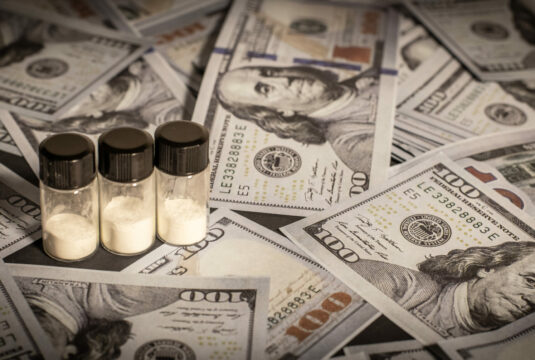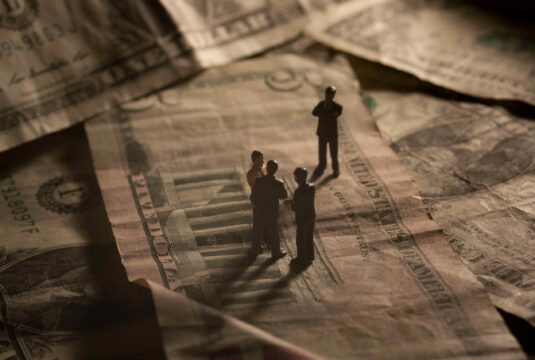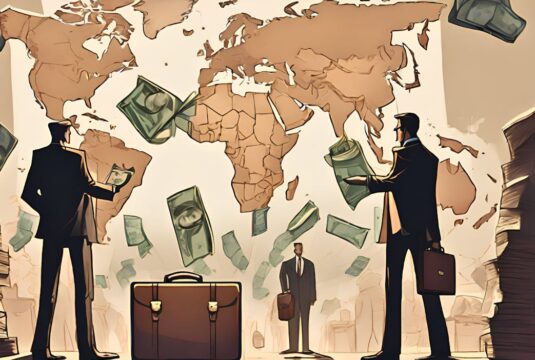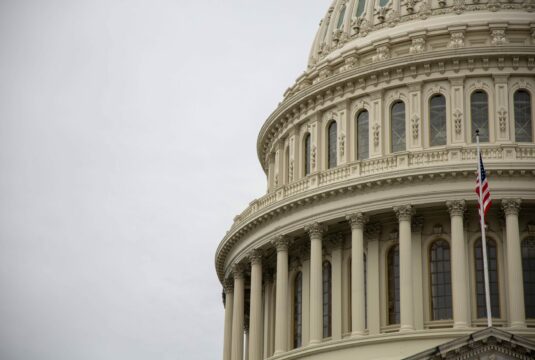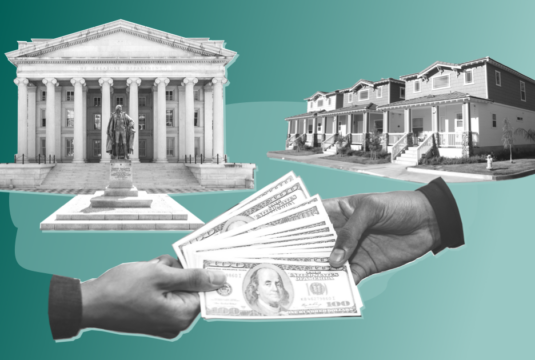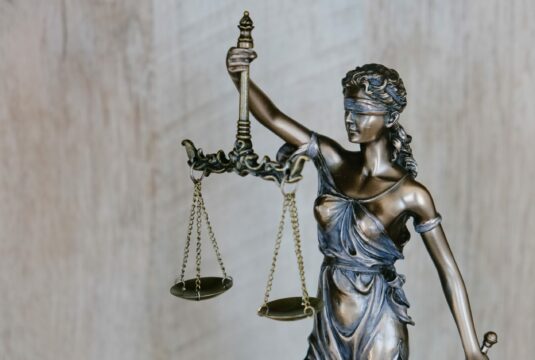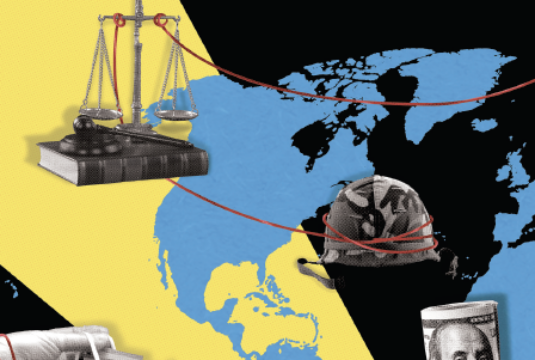Shell Companies Let a Parade of Horribles into the U.S. Financial System. This Year, We're Fighting Back.
The world’s most prominent scorecard for measuring public sector corruption puts the U.S. at a new low.
The two-point drop, from 71 to 69, continues a downward trend that now gives the U.S. its lowest score in nearly a decade. Over the last few years, U.S. policymakers promised to “drain the swamp” and make government work for ordinary Americans, yet public trust in government remains at a historic low, and a host of conflicts and scandals continue to plague the current administration. For average Americans, it’s not hard to believe that the legions of lobbyists that routinely descend on Washington, D.C., have been getting results for special interests at the public’s expense, or that the flood of campaign money unleashed by the U.S. Supreme Court’s tortured logic in Citizens United v. FEC has purchased access, if not outcomes.
Although the Corruption Perceptions Index (CPI) reflects perceptions of public sector corruption, there’s little doubt that the U.S.’s private financial system is increasingly at risk of being seen — and perhaps treated — as a one-stop-shop for laundering dirty money. This is due, in part, to the ability of some of the world’s most destructive forces, from terrorists to kleptocrats, drug cartels to despots, to use U.S. shell companies to perpetrate, and conceal, their illicit activities.
At bottom, anonymous shell companies are the choice conduits for the corrupt for at least two reasons:
(1) Very little information must be disclosed to set them up (in all 50 states, more information is required to get a library card); and
(2) They provide those who benefit from their activities (known as a company’s “beneficial owners”) with absolute anonymity, allowing bad actors to move their money around the U.S. economy with zero accountability.
While the threats posed by these entities have received scattershot media coverage for years, there are no laws on the books — federal or state — requiring a company to disclose its beneficial owners at the time of creation. (And some states, like Delaware, fail to even collect information on a company’s shareholders or directors — leaving the trail to a company’s owners cold.)

Yet the tide is beginning to turn. Spurred on by the G20 leaders’ adoption of Beneficial Ownership Principles in 2014 and the efforts of a broad and diverse U.S. coalition, the U.S. Congress is now considering legislation that would shine new light on anonymous shell companies. The Illicit Cash Act, if passed by the Senate and signed into law by President Trump (whose administration has endorsed the concept), would require shell companies to report their beneficial ownership information to a private database accessible by law enforcement. In late 2019, the U.S. House passed a comparable bill, the Corporate Transparency Act, by a bipartisan margin atypical for present-day Washington.
A parade of horribles has been exploiting the U.S. financial system. The U.S. has taken its place alongside Switzerland and the Cayman Islands among the world’s largest havens for illicit cash. Let 2020 be the year we rain on that parade.
This blog is part of our “countries to watch” series from the 2019 Corruption Perceptions Index (CPI).


